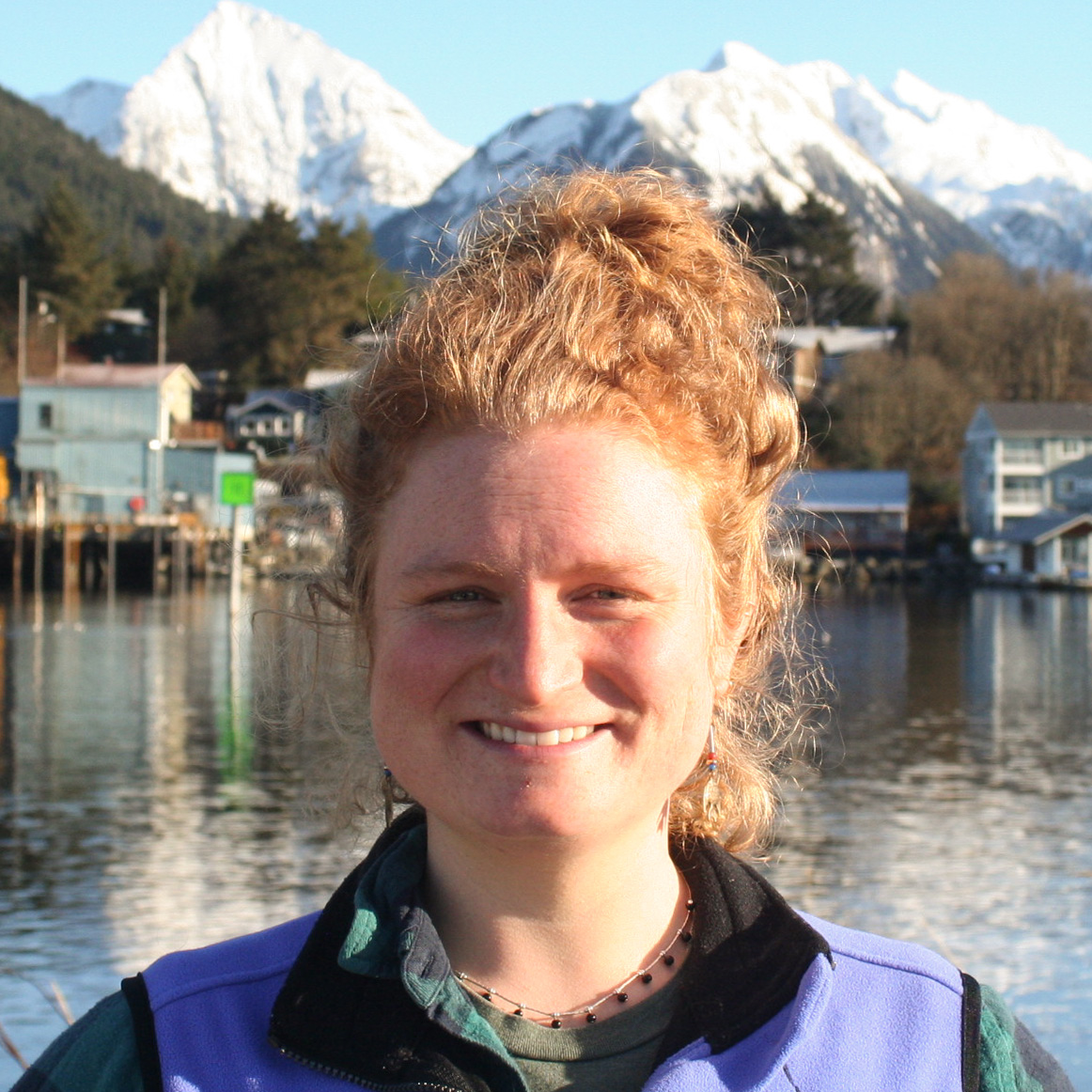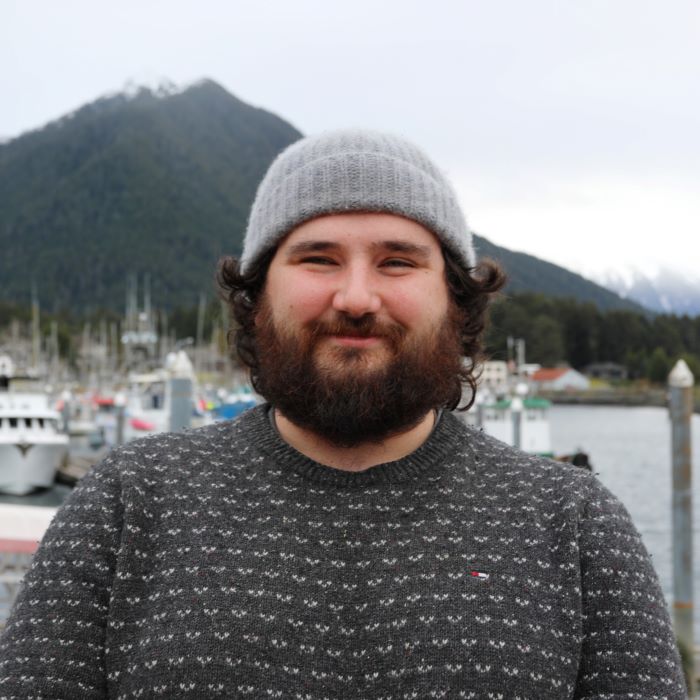Applied Fisheries
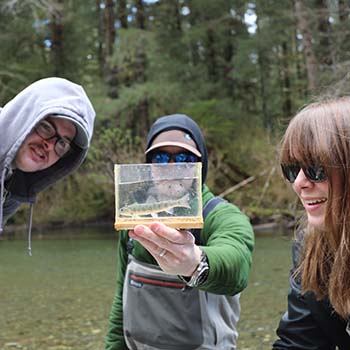
Ready to Enroll?
Sign up for classes
Go to University of Alaska Southeast website:
Study fisheries, aquaculture, scientific diving and more
If you’re a hands-on learner who’s deeply curious about marine ecology and natural resources, consider launching a career in fisheries with the Applied Fisheries Program at the University of Alaska Southeast! Our programs dive deep into disciplines like oceanography, fish biology, Alaskan fisheries management and mariculture. We offer distance-delivery courses that you complete at your own pace, and lab classes from our Sitka campus. We also host hands-on, semester-long intensive programs with dedicated cohorts in aquaculture and scientific diving.
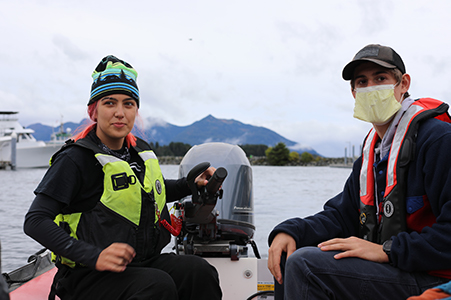
Join each Fall: Alaska Aquaculture Semester
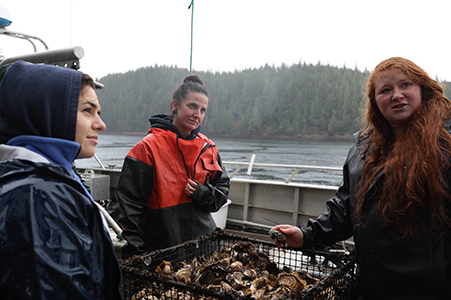
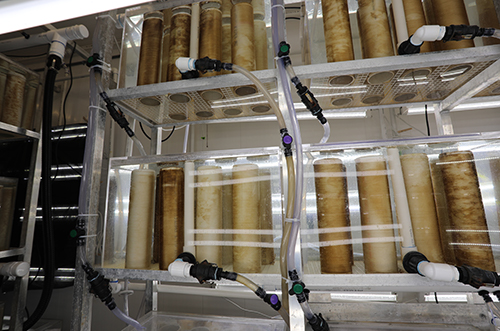
Unlock the potential of Alaska’s mariculture industry with the state’s only immersive, hands-on education in salmon enhancement aquaculture and aquatic farming! Learn biology, management, and harvesting methods for diverse species like oysters, mussels, scallops, clams and kelp. Apply now to join us:
April 26-28, 2026: Alaska Aquaculture Lab
3-Day Intensive Course in Sitka
Explore the biology and cultivation methods for shellfish, seaweed and salmon species through engaging lectures, interactive labs, and exciting field trips to local salmon enhancement facilities and mariculture farms. Gain the skills needed to succeed in this thriving industry!
Contact Angie Bowers (abowers4@alaska.edu) or Sara Ebersole (srebersole@alaska.edu) for more information.
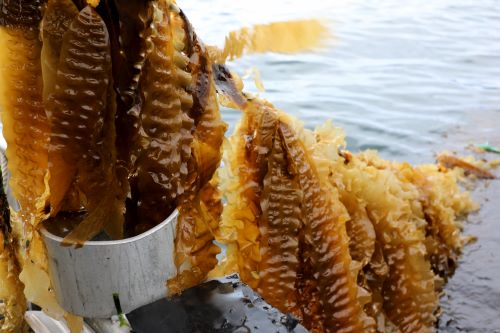
April 29-May 1, 2026: Fisheries Management Techniques Lab
3-Day Intensive Course in Sitka
Gain firsthand experience conducting stream surveys in local Sitka watersheds. Learn how biologists collect and apply data to support salmon management, from minnow trapping to beach seining. Switching gears from freshwater systems, head out by boat to practice sampling techniques in Sitka Sound. Students perform plankton tows and collect oceanographic data used to inform management decisions in Alaska's marine fisheries.
Contact Joel Markis (jamarkis@alaska.edu) for more information.
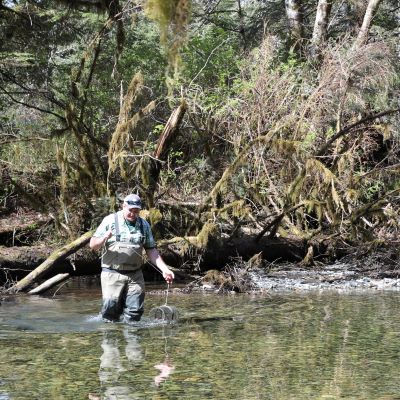
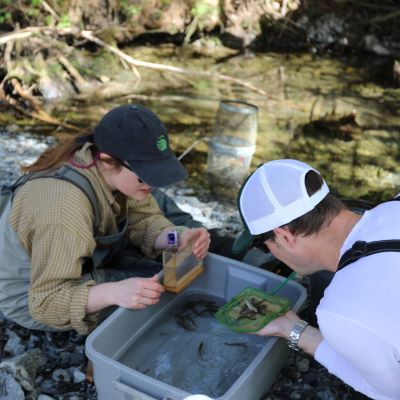
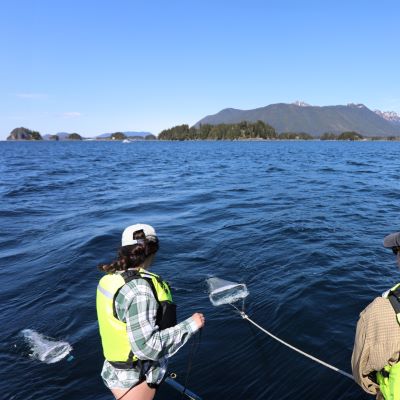
Hear about our take on mariculture in Alaska
Professor Bowers and aquaculture semester alumna Sara Ebersole describe our program in this local radio interview
Study fisheries at home or in the field.
We offer the majority of our coursework in an asynchronous distance format, with pre-recorded lectures available online. Professors guide the course with assignments and exams, and communicate with students by email, phone, and video call. Or, you can join us in Sitka for lab classes and semester intensives.
We host two cohorts in Sitka each year for intensive Applied Fisheries programs; in the fall, students learn mariculture farming techniques, and in the spring, students practice advanced research SCUBA diving. Dorm housing and apartment living is available in our town of 9,000. Our community is a stronghold in the state’s robust fisheries, and a gateway to the 17-million-acre Tongass National Forest.
Now that you’re getting to know Applied Fisheries, please peruse our courses and explore potential career paths using the menu options above. You can contact us with questions or visit admissions to register for your future in fisheries!
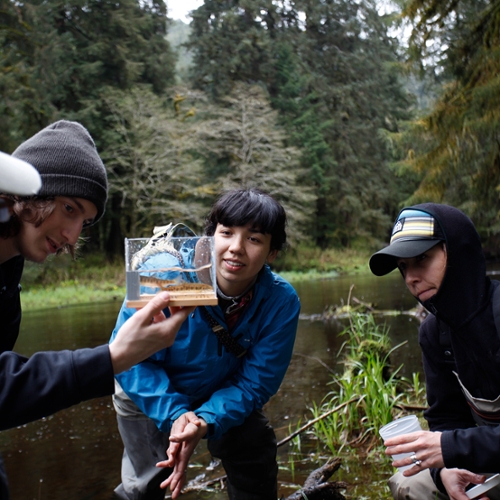
Join each January: Alaska Dive Semester
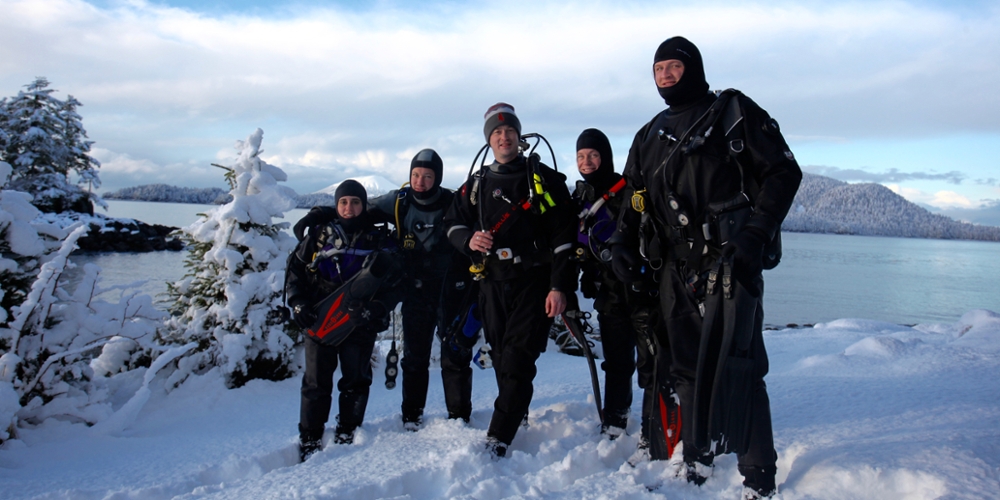

If you are a student interested in fisheries, diving, and marine biology, and would like to complement your studies with a field-based program in Alaska, please join us for a semester of diving in the Spring of 2027. We will begin accepting applications for the 2027 cohort in the Summer of 2026.
You will have the opportunity to work with UAS faculty to become accomplished research divers. Over this semester, you will learn everything from basic dive skills to rescue procedures, underwater data collection techniques, and will become familiar with local fish and invertebrate species. Additionally, you will develop skills in basic skiff handling and small engine maintenance techniques, critical to marine fieldwork.
Applied Fisheries Team
Faculty
Joel A. Markis, M.S.
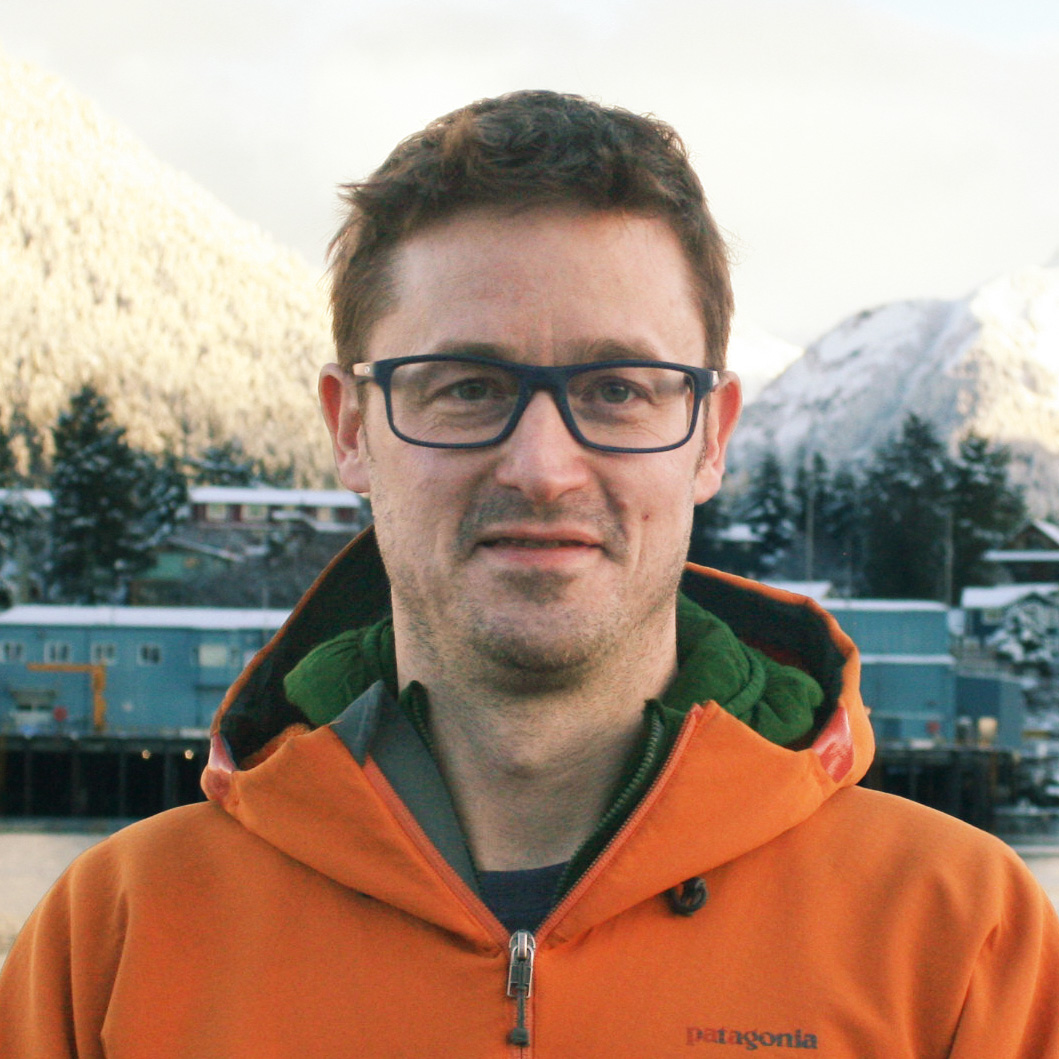
Associate Professor
In his free time, Joel enjoys backcountry skiing, fishing, sailing, is an avid SCUBA diver and dive instructor, and generally likes spending time outside. He is passionate about teaching and Alaskan fisheries.



